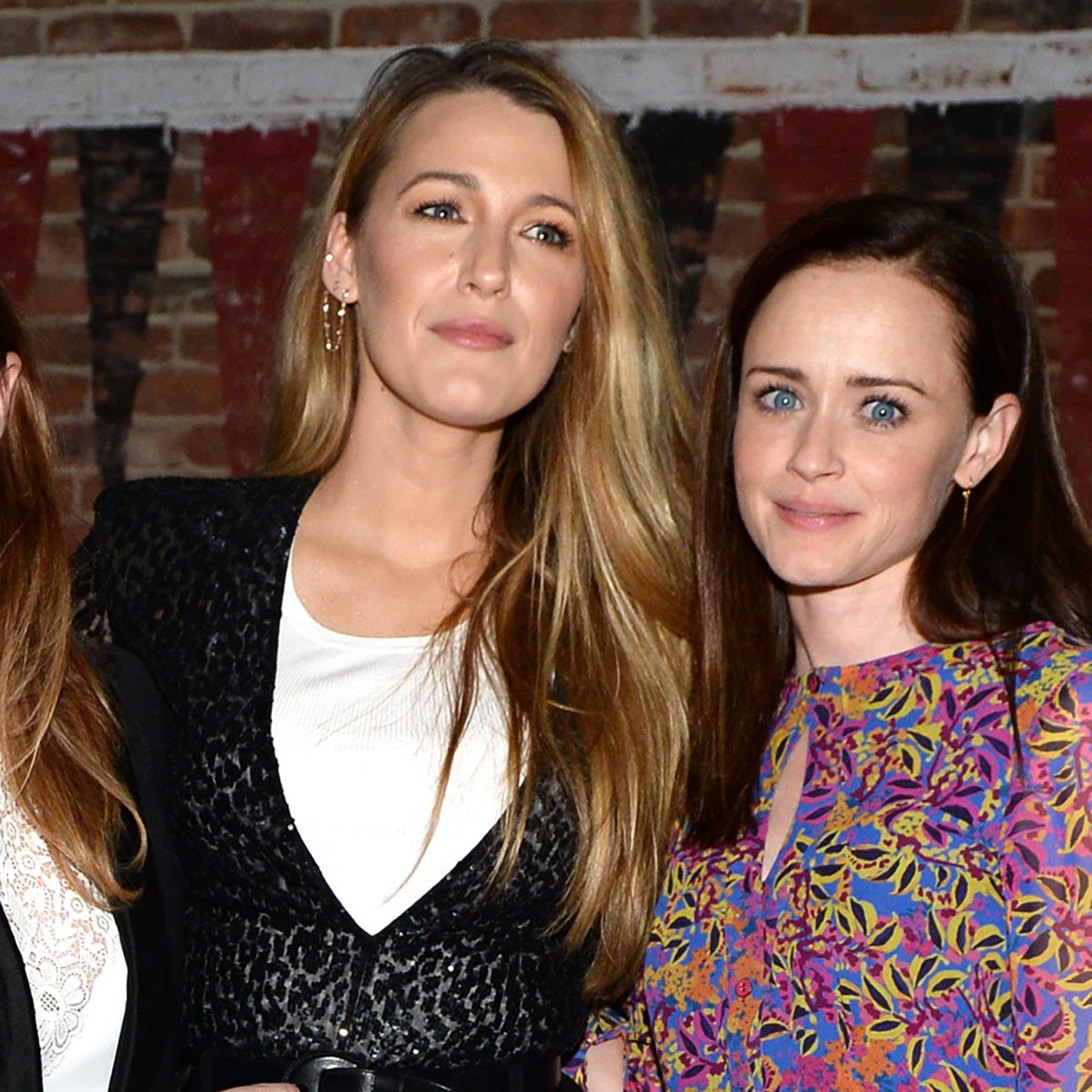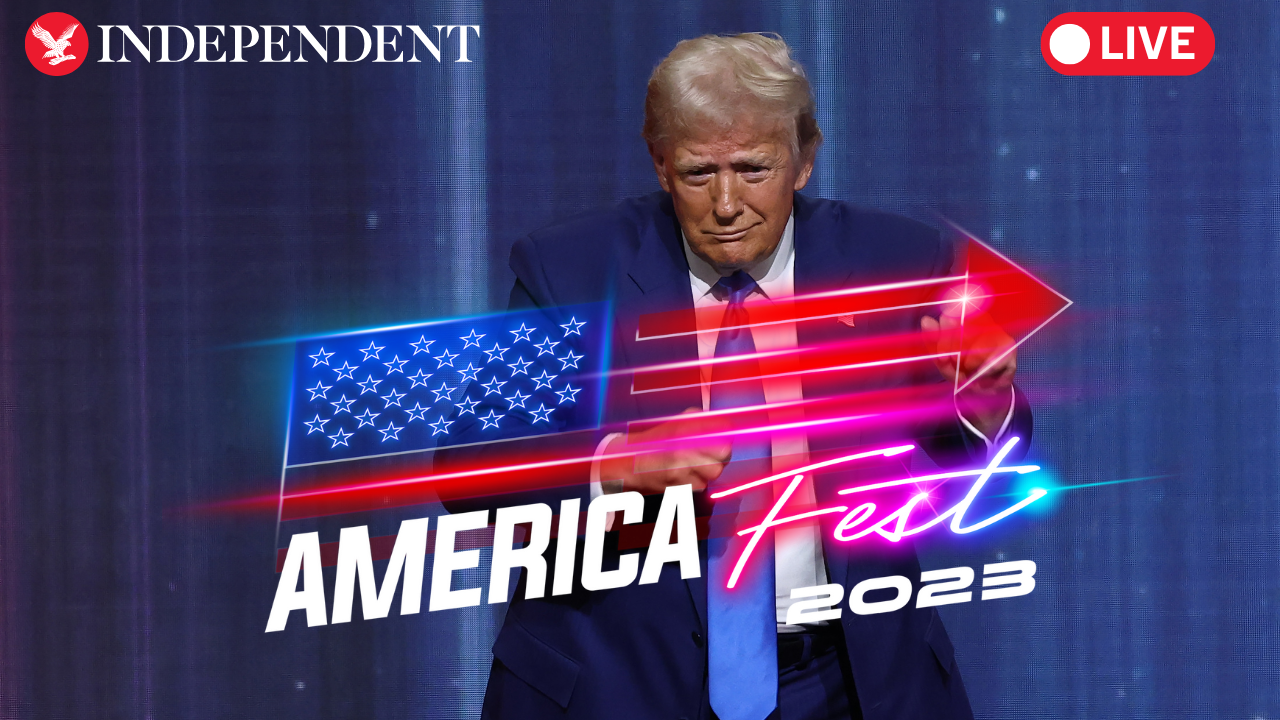Firms no longer get singers’ IP for a song; they splash the cash
In 1985, Golden Sounds, a band primarily of Cameroon’s Presidential Guard, released an album whose title track, Zangalewa, was based on a parade song popular within the army. Zangalewa became an international hit, transforming the composers, Emile Kojidy and Victor Dooh Belley, and group leader Jean-Paul Ze Bella, into celebrities, to the chagrin of the army top brass, who subsequently created conditions for the group’s disbandment a few years later. Fast forward to 2010. Ze Bella, who had retired from the military in 2002, was enjoying a quiet retirement in his village of Sangmelima when a call came from an acquaintance in France informing him that the famous Columbian singer Shakira had just released a version of Zangalewa. This information was soon confirmed by Kojidy, who had relocated to the United States when he too retired from the Presidential Guard. A few days earlier, the internet had been abuzz with the “new” song by Shakira titled Zaminamina, which was selected as the official anthem for the Fifa 2010 World Cup hosted for the first time in Africa, in South Africa. To many African listeners, Zaminamina was Zangelewa-esque. It wasn’t long before a frenzied online campaign began to alert the world that Shakira had sampled the song and that it wasn’t an original. Within the parameters of intellectual property and music, there is no problem with music sampling, but there was a problem in Shakira’s case. She had not sought consent from Golden Sounds to sample their song or made any efforts to compensate the band, and this was deemed copyright infringement. Ze Bella would then have an interview with the Cameroon Tribune, in which he declared that while the defunct band was proud that a “world music icon” had sampled their song for the World Cup, they nonetheless expected to be properly credited and adequately compensated. He, however, conceded that there was little they could do if Shakira or her label, Sony Music, refused to pay. This only accelerated the online campaign as international media began taking an interest in the story. Shakira reached out to the Golden Sounds, by which time a copyright infringement case had been filed in the US with the help of Cameroonian Music executive Wax Dey. “I led the delegation that took Shakira to court so the Cameroonian music group Zangalewa (Golden Sounds) could get their author’s rights for Shakira's World Cup song Waka Waka. I studied music business and law at a time when Africans didn't know much about music as a business. "So, I found myself in a position where whenever artistes, especially Nigerian artistes, had contracts, I'd be the first person that they'd call,” Dey said in an interview with music journalist Arre Bate in April. Since Shakira’s case, which was settled out of court, there have been many IP suits of a copyright nature in recent years from which African artistes have pocketed millions. We sample a few notable cases. Shakira vs Golden Sounds (Cameroon) Award: $400,000 initial out-of-court settlement The Golden Sounds were included as part of the composers, compensation was paid, and the song was renamed ‘Waka Waka,’ which went on to become popular. “When Waka Waka came out, I knew the song was sampled from Zangalewa,” said Dey. “Understanding the law and everything about music rights, I put myself in that position to make them get their royalties. "Shakira had to give them an advance payment of about $400,000, but the contract is a much more substantial fee because, for the past 10 years, the group has been receiving millions every three months from the royalties of that song.” Didier Edo, the band’s manager then, conceded that it had not been easy to negotiate with Shakira’s management and Sony Music to reach the deal. Ambwene Yesaya (AY) & Hamisi Mwijuma (Mwana FA) vs Tigo (Tanzania) Award: TSh2.2 billion ($809,174) On April 11, 2016, the Ilala Magistrate’s Court concluded a four-year court battle between the two Tanzanian rappers and mobile phone operator Tigo, finding it at fault for selling the artistes’ songs as call-back tunes without their authorisation. The court awarded TSh2.18 billion ($800,000) as special damages and a further TSh25 million ($9,174) in general damages. The court heard that Tigo sold the rappers' two songs, Dakika Moja and Usije Mjini, to its customers to use as call-back tunes. AY and Mwana FA had sought TSh4.3 billion ($1.5 million) saying the telco had generated significant income through sales of their two songs. Rutta Bushoke Vs Boomplay (Tanzania) Award: TSh500 million ($183,486) In August, a court in Tanzania awarded bongo flava singer Rutta Maximillia Bushoke TSh500 million in a copyright infringement suit against digital service provider Boomplay. Bushoke, who rose to fame in the late 2000s with several hits such as Nalia kwa Furaha and Usiende Mbali’featuring Ugandan chanteuse Juliana Kanyamozi, sued the DSP for generating stream revenues from a number of his songs, withou

In 1985, Golden Sounds, a band primarily of Cameroon’s Presidential Guard, released an album whose title track, Zangalewa, was based on a parade song popular within the army.
Zangalewa became an international hit, transforming the composers, Emile Kojidy and Victor Dooh Belley, and group leader Jean-Paul Ze Bella, into celebrities, to the chagrin of the army top brass, who subsequently created conditions for the group’s disbandment a few years later.
Fast forward to 2010. Ze Bella, who had retired from the military in 2002, was enjoying a quiet retirement in his village of Sangmelima when a call came from an acquaintance in France informing him that the famous Columbian singer Shakira had just released a version of Zangalewa.
This information was soon confirmed by Kojidy, who had relocated to the United States when he too retired from the Presidential Guard.
A few days earlier, the internet had been abuzz with the “new” song by Shakira titled Zaminamina, which was selected as the official anthem for the Fifa 2010 World Cup hosted for the first time in Africa, in South Africa.
To many African listeners, Zaminamina was Zangelewa-esque. It wasn’t long before a frenzied online campaign began to alert the world that Shakira had sampled the song and that it wasn’t an original.
Within the parameters of intellectual property and music, there is no problem with music sampling, but there was a problem in Shakira’s case.
She had not sought consent from Golden Sounds to sample their song or made any efforts to compensate the band, and this was deemed copyright infringement.
Ze Bella would then have an interview with the Cameroon Tribune, in which he declared that while the defunct band was proud that a “world music icon” had sampled their song for the World Cup, they nonetheless expected to be properly credited and adequately compensated.
He, however, conceded that there was little they could do if Shakira or her label, Sony Music, refused to pay. This only accelerated the online campaign as international media began taking an interest in the story.
Shakira reached out to the Golden Sounds, by which time a copyright infringement case had been filed in the US with the help of Cameroonian Music executive Wax Dey.
“I led the delegation that took Shakira to court so the Cameroonian music group Zangalewa (Golden Sounds) could get their author’s rights for Shakira's World Cup song Waka Waka. I studied music business and law at a time when Africans didn't know much about music as a business.
"So, I found myself in a position where whenever artistes, especially Nigerian artistes, had contracts, I'd be the first person that they'd call,” Dey said in an interview with music journalist Arre Bate in April. Since Shakira’s case, which was settled out of court, there have been many IP suits of a copyright nature in recent years from which African artistes have pocketed millions.
We sample a few notable cases.
Shakira vs Golden Sounds (Cameroon)
Award: $400,000 initial out-of-court settlement
The Golden Sounds were included as part of the composers, compensation was paid, and the song was renamed ‘Waka Waka,’ which went on to become popular.
“When Waka Waka came out, I knew the song was sampled from Zangalewa,” said Dey. “Understanding the law and everything about music rights, I put myself in that position to make them get their royalties.
"Shakira had to give them an advance payment of about $400,000, but the contract is a much more substantial fee because, for the past 10 years, the group has been receiving millions every three months from the royalties of that song.”
Didier Edo, the band’s manager then, conceded that it had not been easy to negotiate with Shakira’s management and Sony Music to reach the deal.
Ambwene Yesaya (AY) & Hamisi Mwijuma (Mwana FA) vs Tigo (Tanzania)
Award: TSh2.2 billion ($809,174)
On April 11, 2016, the Ilala Magistrate’s Court concluded a four-year court battle between the two Tanzanian rappers and mobile phone operator Tigo, finding it at fault for selling the artistes’ songs as call-back tunes without their authorisation.
The court awarded TSh2.18 billion ($800,000) as special damages and a further TSh25 million ($9,174) in general damages.
The court heard that Tigo sold the rappers' two songs, Dakika Moja and Usije Mjini, to its customers to use as call-back tunes.
AY and Mwana FA had sought TSh4.3 billion ($1.5 million) saying the telco had generated significant income through sales of their two songs.
Rutta Bushoke Vs Boomplay (Tanzania)
Award: TSh500 million ($183,486)
In August, a court in Tanzania awarded bongo flava singer Rutta Maximillia Bushoke TSh500 million in a copyright infringement suit against digital service provider Boomplay.
Bushoke, who rose to fame in the late 2000s with several hits such as Nalia kwa Furaha and Usiende Mbali’featuring Ugandan chanteuse Juliana Kanyamozi, sued the DSP for generating stream revenues from a number of his songs, without a contract.
In court, Boomplay argued that it had entered into an agreement with a third party, Michael Mulingwa, who provided it with the album tracks.
But the singer told the Kinondoni District Court that no contract existed between him and any third party to distribute his songs.
The DSP harbored the singer’s songs on its platform since 2018 and according to Bushoke, he has never received not a single cent from the streams revenue generated by Boomplay.
Bushoke filed the suit in 2023 after an unsuccessful attempt to reach an out-of-court deal with Boomplay.
John Boniface Maina vs Safaricom (Kenya)
Award: Ksh15.5 million ($119,615) out-of-court settlement
In 2008, Safaricom introduced Skiza Tunes, a ringback tone service. Safaricom also set up a competition, Surf 2 Win Promotion, through which its customers could download Skiza tunes at a fee.
Premium rate service providers Interactive Media and Liberty Afrika Technologies listed in the suit by the artiste JB Maina as defendants assigned various copyrights, licences, and sublicences of his music and other content to support the Skiza Tune service.
JB Maina entered into an agreement with MCSK in June 2007, authorising it to only collect mechanical royalties for all his music works.
But in May 2012, when he moved to court, accusing the parties of infringing his copyright, MCSK listed as the third defendant for assigning those rights to Interactive Media and Liberty Afrika without his knowledge.
Safaricom denied the charges, stating it signed a content provision agreement with Interactive Media Service and Liberty Afrika Technologies, who had licences with MCSK.
Safaricom confessed to having previously uploaded JB Maina’s musical works in question for Skiza and Surf 2 Win Promotion on the basis of the content provision agreement between itself and the two PSRPs Interactive Media and Liberty Afrika.
JB argued that by December 2011, Surf 2 Win promotion and Skiza had downloaded 3,840,000 tunes, totalling to KSh45,600,000 ($351,900) based on KSh7 ($0.054) per tune and over 10,000 cartoon synchronisations given at the same cost, which gave a total to over Sh60,600,000 ($467,657), an amount which was increasing daily.
The court ruled that Safaricom used the catalogue of JB Maina’s music, and that the public downloaded the tunes from Safaricom platforms before the catalogue was deleted for profit.
The judge also ruled that the contractual foundation upon which Safaricom was trading with the musician’s copyright was questionable. The telco and JB Maina reached an out-of-court settlement in May 2014, with a compensation of KSh15.5 million.
Bamboo vs Safaricom, Bernsoft Interactive Ltd & Mtech Communication Ltd (Kenya)
Award: KSh4.5 million ($34,727)
In December 2015, hip-hop artiste-turned-businessman Simon ‘Bamboo’ Kimani filed a civil case at the High Court in Nairobi against Safaricom and premium rate service providers Bensoft Interactive Ltd and Mtech Communication Ltd for unauthorised use of his three records, Mama Africa featuring Akon, Yes Indeed and Move On featuring Camp Mullah.
The three songs were used on Safaricom’s Skiza call-back tunes. Bamboo told the court the three companies used his songs without consent to generate revenue without compensating him.
In its defence, Safaricom stated it had obtained the songs through agreements with third parties, Bensoft and Mtech. The telecom giant admitted to having put a fee to the songs but denied liability because it had received the songs from the two PRSPs.
Bensoft argued it had received the songs through a non-exclusive license by MCSK under a license agreement and a mechanical license agreement.
Mtech and Bernsoft argued they had been licensed by MCSK to provide content to Skiza tunes and MCSK said it provided the songs because Bamboo had been its member since 2012.
MCSK compensated Bamboo with KSh600,000 ($4,630). The assessed general damages for infringement, awarding KSh1.5 million ($11,575) for each of the songs.
Herbert ‘Nonini’ Nakitare vs Brian Mutinda & Syinix Electronics Ltd (Kenya)
Award: Ksh4 million ($30,868)
A Nairobi High Court in September awarded rapper Herbert 'Nonini’ Nakitare KSh4 million in a copyright infringement case against content creator Brian Mutinda and Syinix Electronics Ltd for using his song 'Wee Kamu' in an online advertisement without the artiste's consent.
The Milimani Commercial Court had initially awarded Nonini KSh1 million ($7,717) in damages but set aside the judgment after Mr Mutinda appealed. The award had been made on March 23, after both parties failed to appear in court to defend themselves.
The court allowed Mr Mutinda to make fresh submissions and on September 5, it awarded Nonini KSh4 million in damages.
Onyeka Onwenu vs Iroking Ltd (Nigeria)
Award: N500,000 ($300)
Before her death aged 72 this year, Nigerian singer, actor and activist Elegant Stallion (Onyeka Onwenu) had championed a lot for the Nigerian creative space. This included court battles over IP violations.
Six years before her death, Onyeka sued Iroking, a music distribution company, for continuing to distribute her songs on digital platforms after their agreement expired in 2018. She sought an award of N200 million ($119,273) but got N500,000. But she hailed the award as victory for the Nigerian music industry.




/cloudfront-us-east-1.images.arcpublishing.com/gray/QF5H3LHWMBE2FFQLQY2VMDFLDA.jpg?#)

































-1.jpg?#)



























